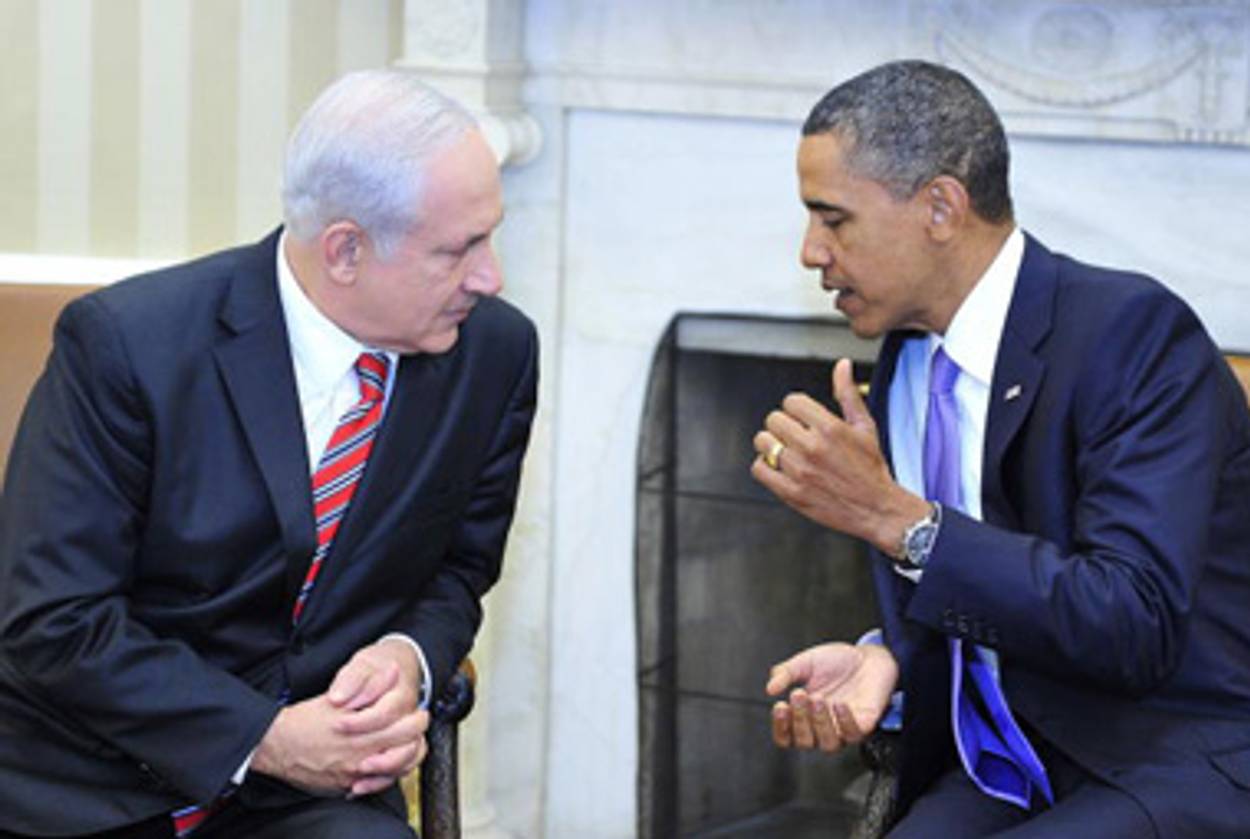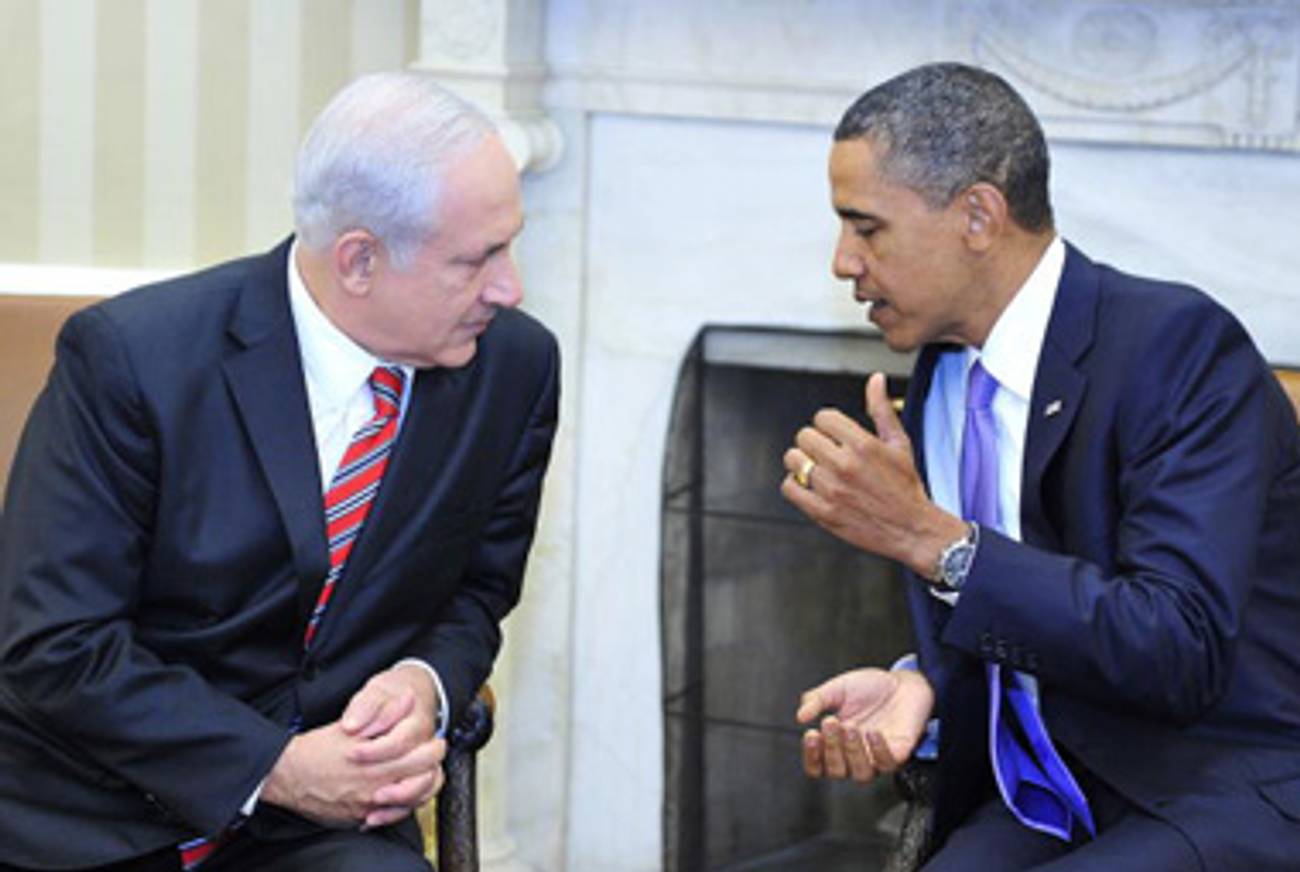Obama’s Peace Offensive Is On
Even as Hamas tries to sabotage talks




That picture was taken today. The Obama Administration is already making it very, very clear just how enmeshed in the direct Israeli-Palestinian talks—which kick off tonight with a White House banquet featuring Prime Minister Netanyahu, President Abbas, President Mubarak of Egypt, and King Abdullah II of Jordan—it plans to be. Never have I received so many press releases from those folks! Last night, U.S. envoy George Mitchell gave a detailed briefing; after Hamas’ killing yesterday of four Israelis, the administration released a strong condemnatory statement, and Secretary of State Clinton appeared with Netanyahu to echo this; and Obama is meeting separately with the above four leaders throughout the day. Clinton will host the actual talks tomorrow. (Note: Laura Rozen Tweets that Netanyahu is getting the only meeting with Obama that will produce a joint statement, and it is deliberately being done in time for the evening news in Israel.)
David Sanger’s analysis of how risky this is for Obama is must-read. And experienced negotiator Aaron David Miller tells Politico’s Laura Rozen, “These talks aren’t quite ready for prime time yet, and everyone should be slow-walking the process. If they get more ambitious now, it will collapse.”
He adds,
What counts are only three things this round. One, that the Israelis and Americans work out (or toward) an agreement on a moratorium on settlements; two, that Benjamin Netanyahu, even while he pushes security, shows some movement in the Palestinian direction on one other issue—borders; three, that the Palestinians hang in there and not bolt the talks because they believe they’re the key to an empty room.
(Remember that settling the question of the settlement moratorium, or freeze—which is currently scheduled to expire in September—must somehow be resolved before further progress can be made on other issues.)
Complicating matters further, of course, was Hamas’s killing yesterday of four Israeli settlers in the West Bank. There is no mistaking the message it sent: Hamas—backed by Iran—does not want to see these talks happen. The Palestinian Authority fears Hamas’s gambit could work, which helps to explain the hundreds of arrests carried out earlier today.
But all that is back in the Mideast. Today, in D.C., everyone will be making nice.
W.H. Kick-Starts Middle East Talks [Politico]
Trying To Buck Odds, Obama Takes On 3 Big Mideast Tasks [NYT]
Analysis: An Attempt to Torpedo Peace Talks [JPost]
Related: Religion of Yes [Tablet Magazine]
Earlier: Direct Peace Talk
Marc Tracy is a staff writer at The New Republic, and was previously a staff writer at Tablet. He tweets @marcatracy.